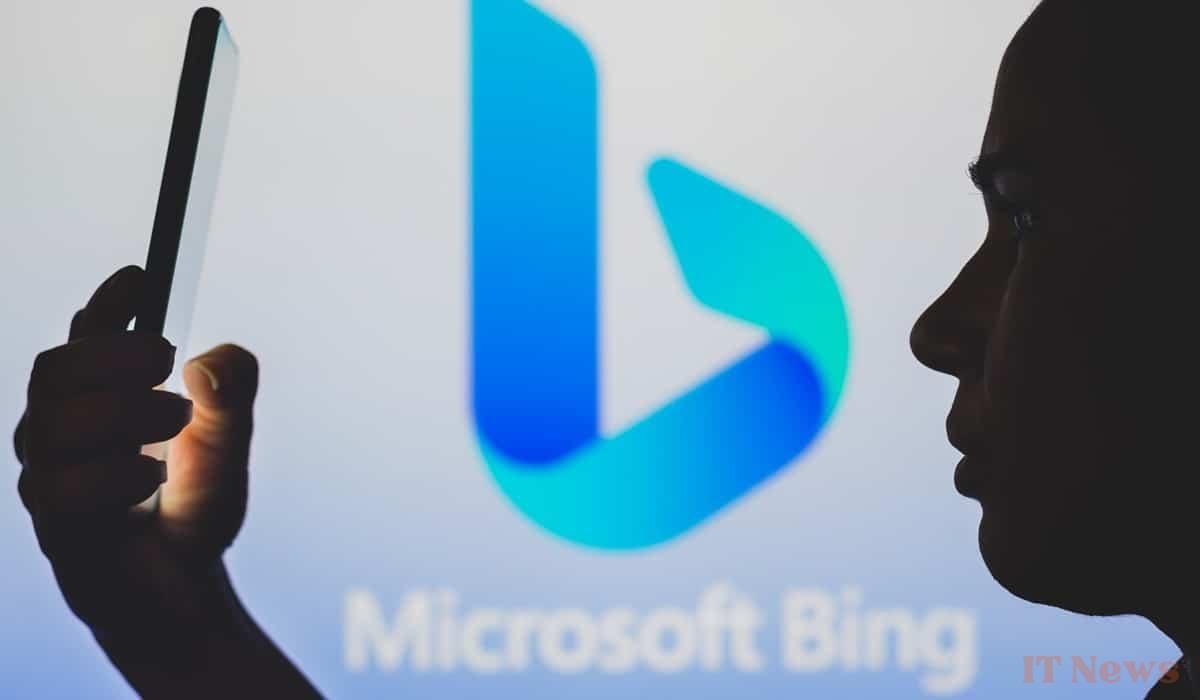Microsoft is accelerating the development of Bing by integrating Copilot, its artificial intelligence. This initiative is part of a broader strategy aimed at reshaping the user experience and positioning itself as a credible alternative in the search engine market.
The emergence of Copilot Search on Bing
Long perceived as a secondary player, Bing is attempting to reinvent itself with Copilot Search, an AI-powered feature that profoundly changes the way results are displayed. Rather than simple lists of links, Bing now offers AI-generated summaries, providing a more interactive and conversational experience.
The goal? To simplify online research with clear, contextualized answers, while directly citing sources. This approach aims to appeal to an audience accustomed to intuitive interfaces and conversational assistants, reducing the time needed to obtain relevant information.
Copilot: a strategic omnipresence at Microsoft
Microsoft is not content with integrating Copilot with Bing. AI is also being deployed on Windows, Office, and Edge, confirming a strategy aimed at anchoring Copilot in users' daily digital ecosystem.
This massive integration, however, has attracted criticism. Too much AI kills AI? Some users denounce a technological overload, where Copilot's ubiquity risks adding unnecessary complexity to already well-established tools. Forced adoption could thus slow its acceptance, despite its promises of effectiveness.
Copilot Search's challenges: a mixed reception
While innovation is present, the initial feedback is not unanimous. The current interface, considered minimalist, is criticized for its lack of visual cues. Result: Some users perceive Copilot Search as a simple wall of text, making navigation unintuitive.
Furthermore, adjustments are still needed to improve the speed and accuracy of responses. Microsoft will have to refine its AI to make the results more readable and better structured, otherwise its tool will be perceived as a gadget rather than a revolution.
An aggressive commercial strategy that raises questions
Beyond the technical aspect, the strong arrival of Copilot raises questions about Microsoft's commercial practices. By systematically highlighting its AI in Bing searches, particularly against competitors, the company seems to be trying to capture users' attention.
But this approach could pose a problem. The line between innovative service and disguised promotion is blurring, fueling debates about the transparency and neutrality of search engines. Microsoft will have to be careful not to see its initiative perceived as a simple attempt to capture audiences under the guise of AI.



0 Comments